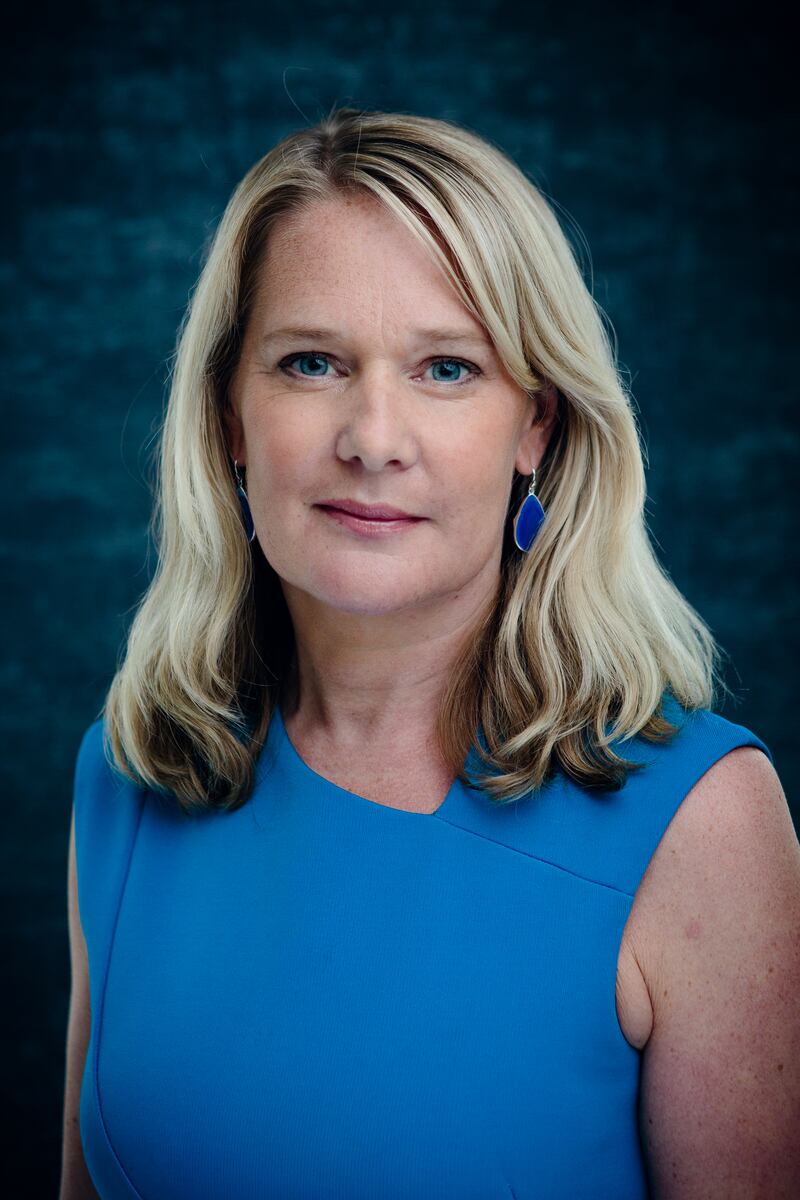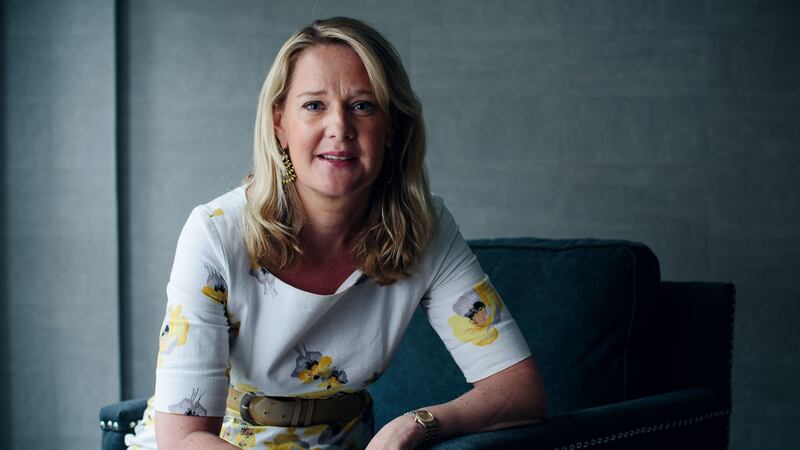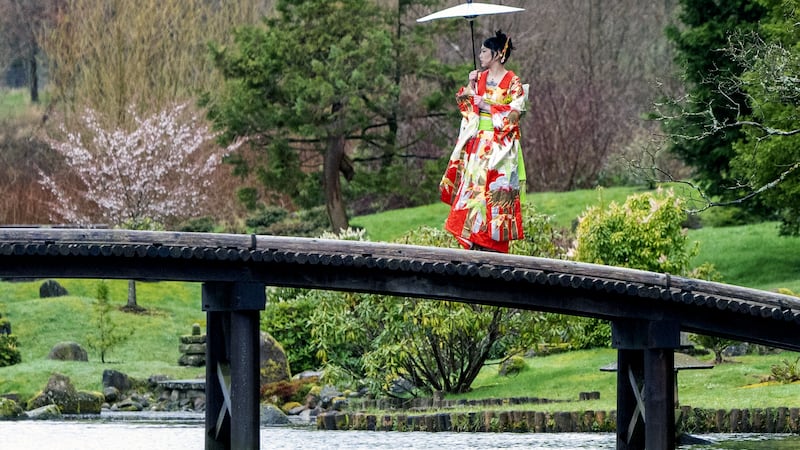Adding entrepreneurship to the secondary school curriculum would “empower” children, according to the only female chief executive of a City stockbroker.
Sam Smith, chief executive of financial advisory company finnCap, claims training children in business would help non-academic students and lead to more diverse staffing in the worlds of finance and business.
Ms Smith, 47, said learning to be an entrepreneur is a “valuable skill set”.
She added: “To take the focus away from just academics can have a real social impact in the future and empower kids, which I think is the most important thing.”
Would you be interested in some more #Enterprising activities to keep everyone busy at home while learning new skills?Let us know!#homeschool #homeschoolingPosted by Stepping Into Business on Thursday, April 16, 2020
Ms Smith, who lives in Clapham, south London, has worked with different companies to bring entrepreneurship into schools, both in person and online after the Covid-19 pandemic hit, and is now pushing for entrepreneurship to be added to the national curriculum.
“Where we started was partnering with Stepping into Business… it was paying for schools to have an entrepreneurship course, and then the school would run that course delivered by Stepping into Business,” she told the PA news agency.
“You might have a few people in that class who are not academic, but would consider entrepreneurship as a route.
“They (their teachers) found that on the entrepreneurship course, the students were excited, they suddenly came into their own.
“It was just a different way of working, and they’d almost written that person off, just because they weren’t academic.”
FinnCap is now working to develop a free online entrepreneurial training course to help inspire young people to “consider setting up their own business”.
“Covid-19 hit and schools were closed, so that put an end to the direct entrepreneurship in school, and hopefully that comes back again,” Ms Smith said.
“We switched to thinking ‘what can we deliver online?’
“We found a company called YourGamePlan, who are putting their careers advice and skills into secondary schools, and partnered with business to pay for the delivery of that… that now goes into the secondary schools for free.”
Ms Smith started her career by training as an accountant, and has now been with finnCap for 14 years.
She said: “I love entrepreneurship as a theme. I’m all about fairness and empowering young people to make decisions.
“Anyone can set up a business if they know how to do it.
“You don’t necessarily need money to set it up, you just need to have the right skill set, the drive and the idea, and you can build it.”
Ms Smith said she began teaching her daughter the basics of business when she was two years old.
“I started talking about companies, ‘who makes the things in the kitchen’, ‘who makes the food’, ‘who makes this chair’… this is very basic language, but even when she was very young I was trying to explain what I was doing all day,” she told PA.
“What she was getting out of it was understanding that everything comes from somewhere, everything comes from an idea.

“The skill set of the entrepreneur doesn’t mean you have to have a career as an entrepreneur, it’s a different way of thinking, it’s about learning about profitability and finance, building a team, learning about negotiation… those skill sets within entrepreneurship are such good life skills for kids.
“In this day and age, careers are very different, jobs are changing, it’s learning about how to equip them for the future.”
The CEO explained that learning business skills can also help to build diversity, and give people a “chance” regardless of their academic background.
She said: “We (finnCap) have 40% women, and that hasn’t been through quotas, it’s by having a culture where women actually want to be.
“It’s very much about culture, from education all the way up, and then making sure all those unconscious biases are being recognised and thought about, and constantly getting people to realise why diversity is key.
“This is about really helping everybody to fulfil an ambition, irrespective of whether they’re academic or not, it’s just giving them that chance.”








